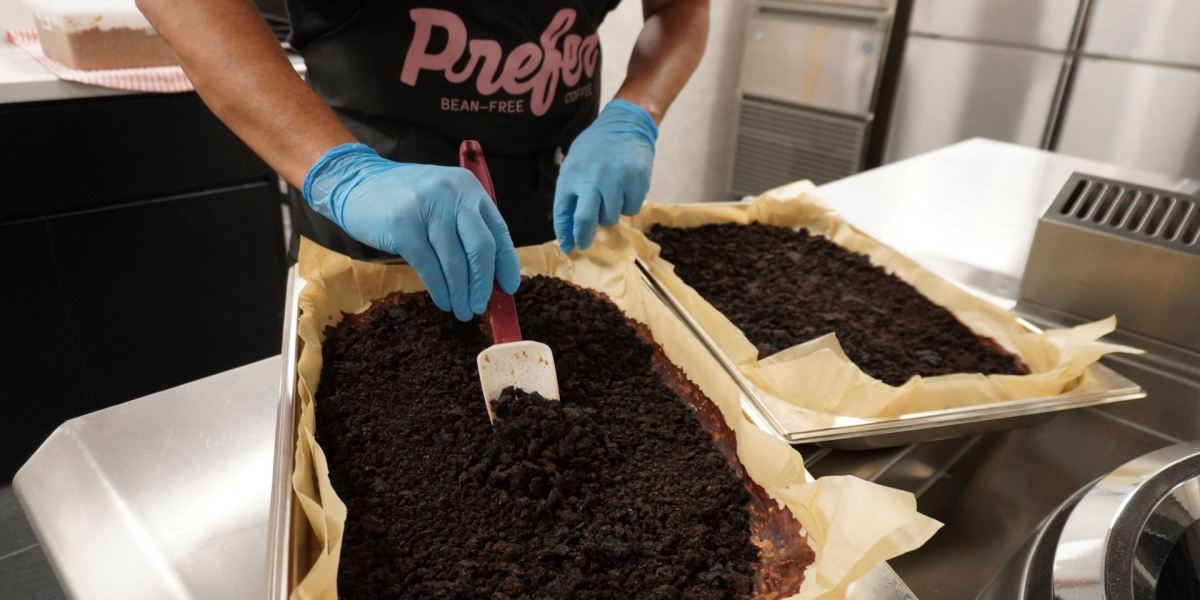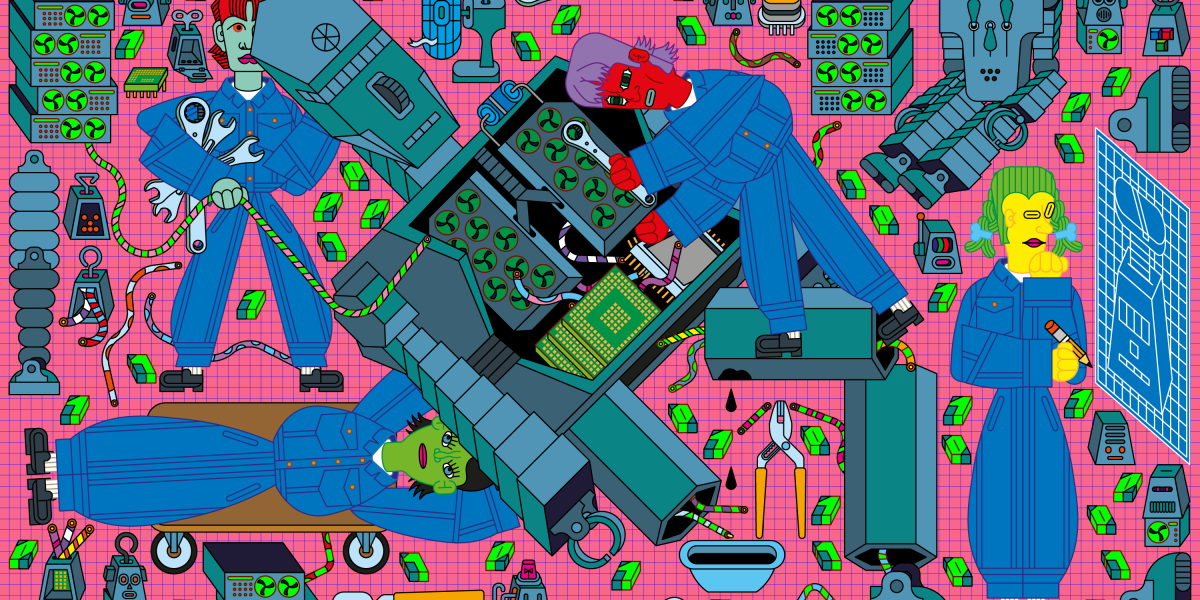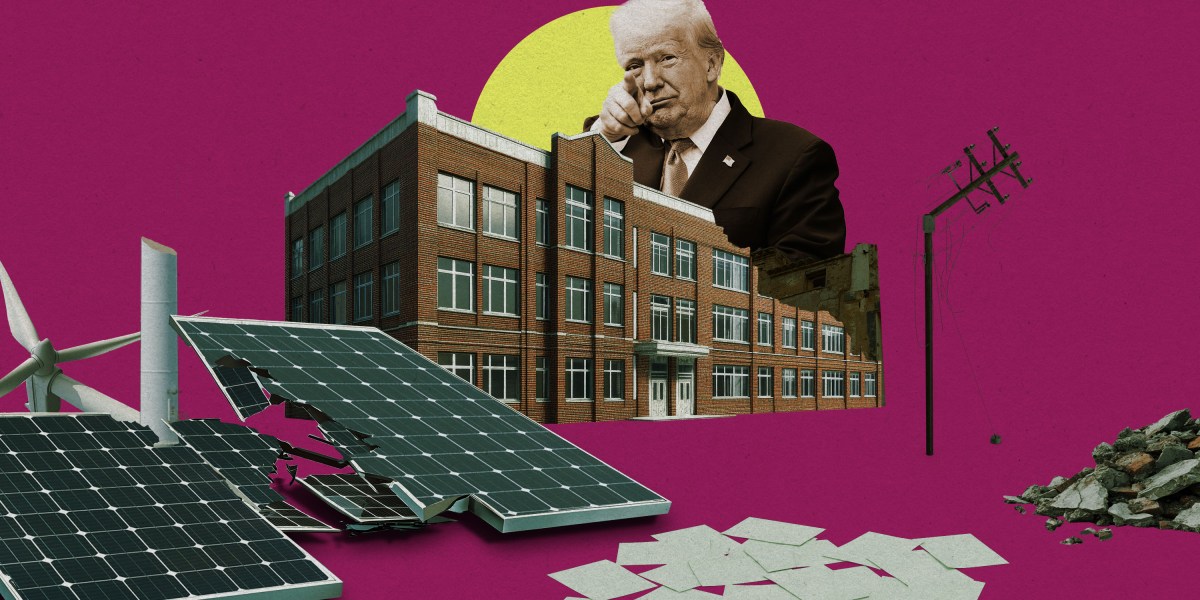They spent months experimenting with various ingredients. “From my previous work, I had an inkling of what might work,” says Tan, but narrowing it down to the exact proportions, processes, and types of leftovers took a while. They tried roasting chicory root, which had been used as a coffee substitute before, but while the result was reminiscent of coffee, the taste wasn’t close enough. They tried grinding date seeds, which yielded a fruity tea-like drink, a far cry from coffee. Then some batches brewed from mixtures of food leftovers showed promise. They used gas chromatography mass spectrometry, a technique that identifies individual molecular compounds in mixtures, to identify and analyze the molecules responsible for the desired taste. The results guided them in tweaking new iterations of the brew. After a few months and several hundred different mixes and methods, they zeroed in on the right combination: stale bread from bakeries, soybean pulp from tofu making, and spent barley grains from local breweries. “We combine them in roughly equal amounts, ferment for 24 hours, and then roast,” Tan says. Out comes a naturally caffeine-free “coffee” that can be enjoyed with plant-based or regular milk. Or added to a martini—local bartenders jumped on the novelty. Without milk, the drink “tastes a little more chocolatey and retains the notes of herbaceous bitterness,” according to Tan. Price-wise it’s comparable to your average coffee, Berber says. Prefer sells a powder to be brewed like any other coffee, as well as bottled cold brew and bottled latte. The products can be bought online and ordered at various Singaporean cafés.
For those who want their kick, the startup adds caffeine powder from tea leaves. On a warming planet, tea plants are a better bet, Tan explains: “You’re harvesting the leaves, which are a lot more plentiful than the coffee berries.”
PREFER
Currently, Prefer Coffee sells its brew in Singapore only, but it hopes to expand to other places while still upcycling local waste. In the Philippines, for example, leftover cassava, sugarcane, or pineapple might be used, Tan says. Although adjustments will have to be made, the company’s fermentation process should be able to deliver something similarly coffee-like: “Our technology doesn’t rely on soy, bread, and barley but tries to use whatever is available.” ν
Journalist Lina Zeldovich is the author of The Living Medicine: How a Lifesaving Cure Was Nearly Lost and Why It Will Rescue Us When Antibiotics Fail, to be published by St. Martin’s in October 2024.




